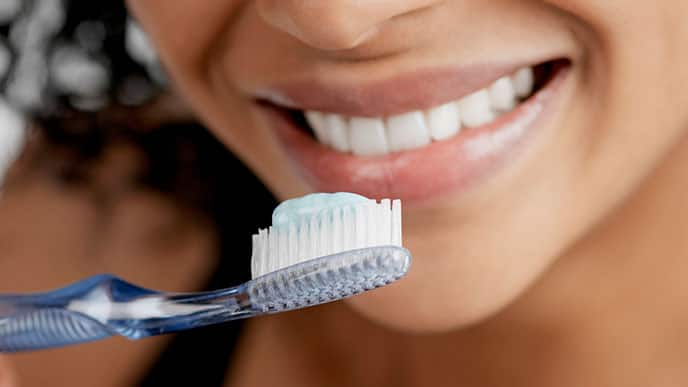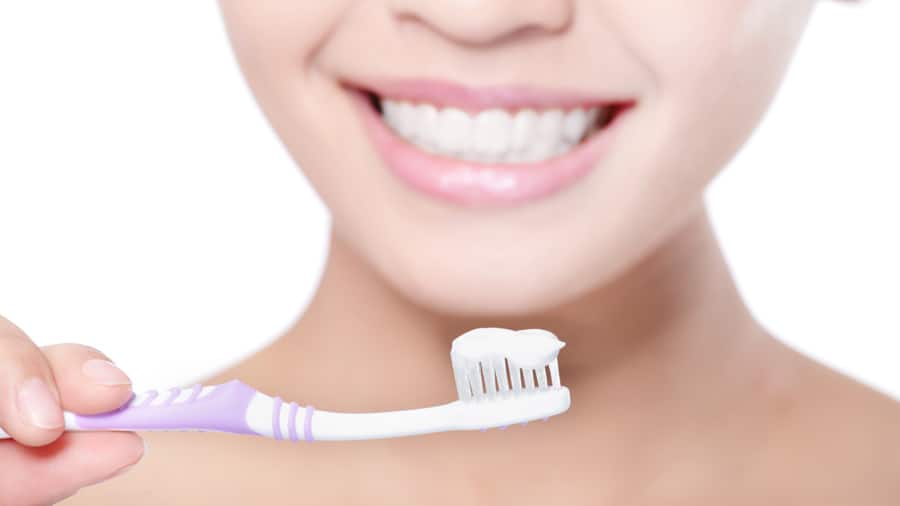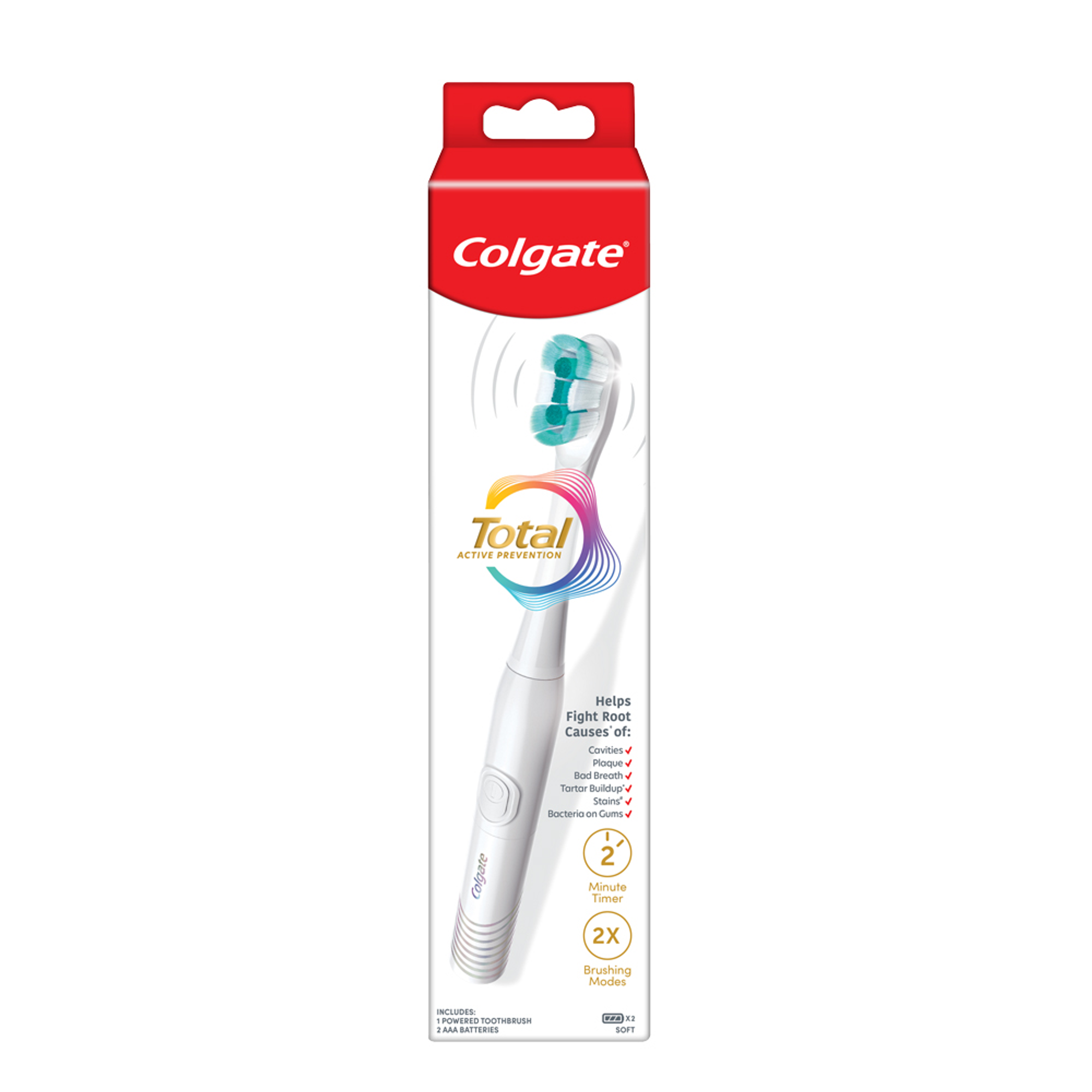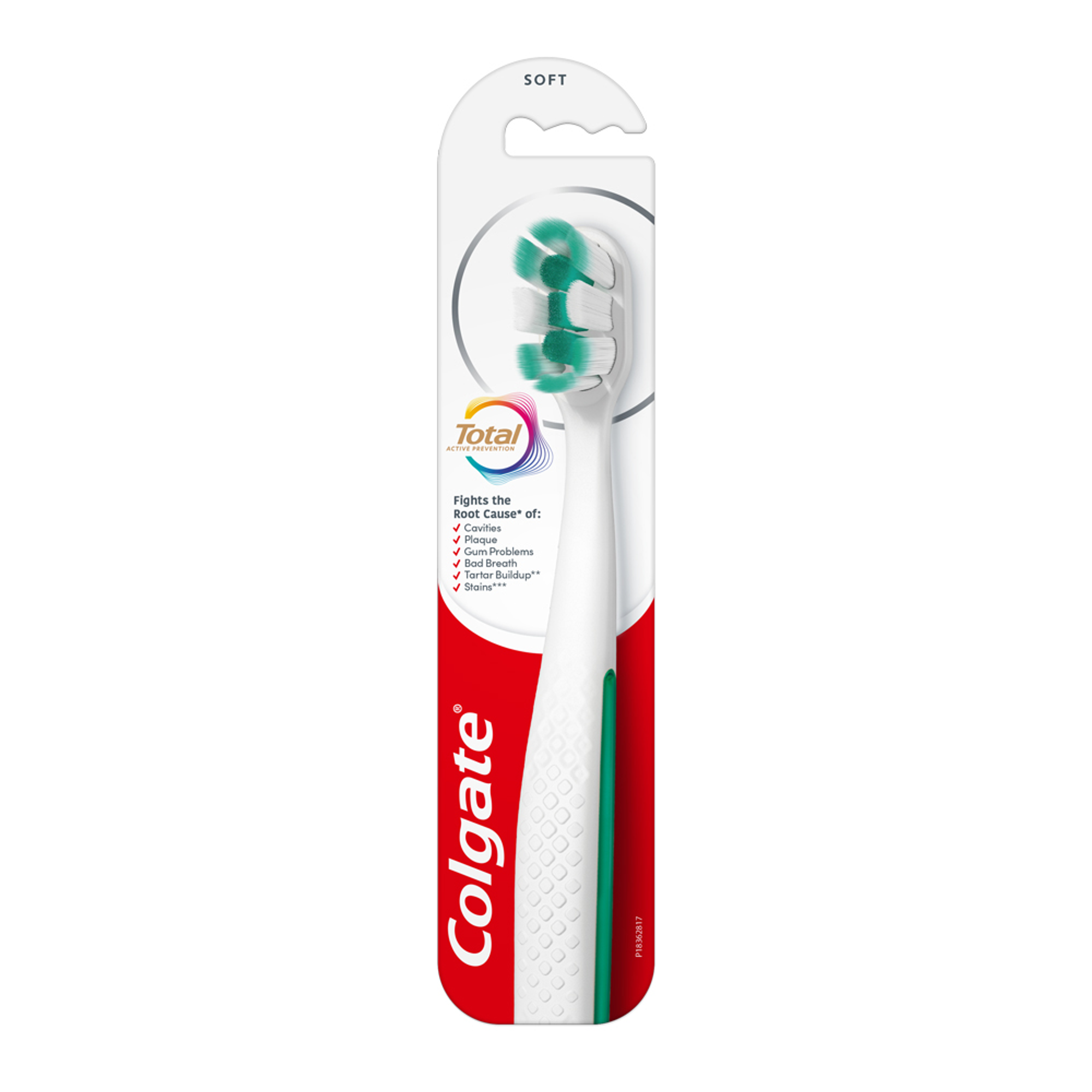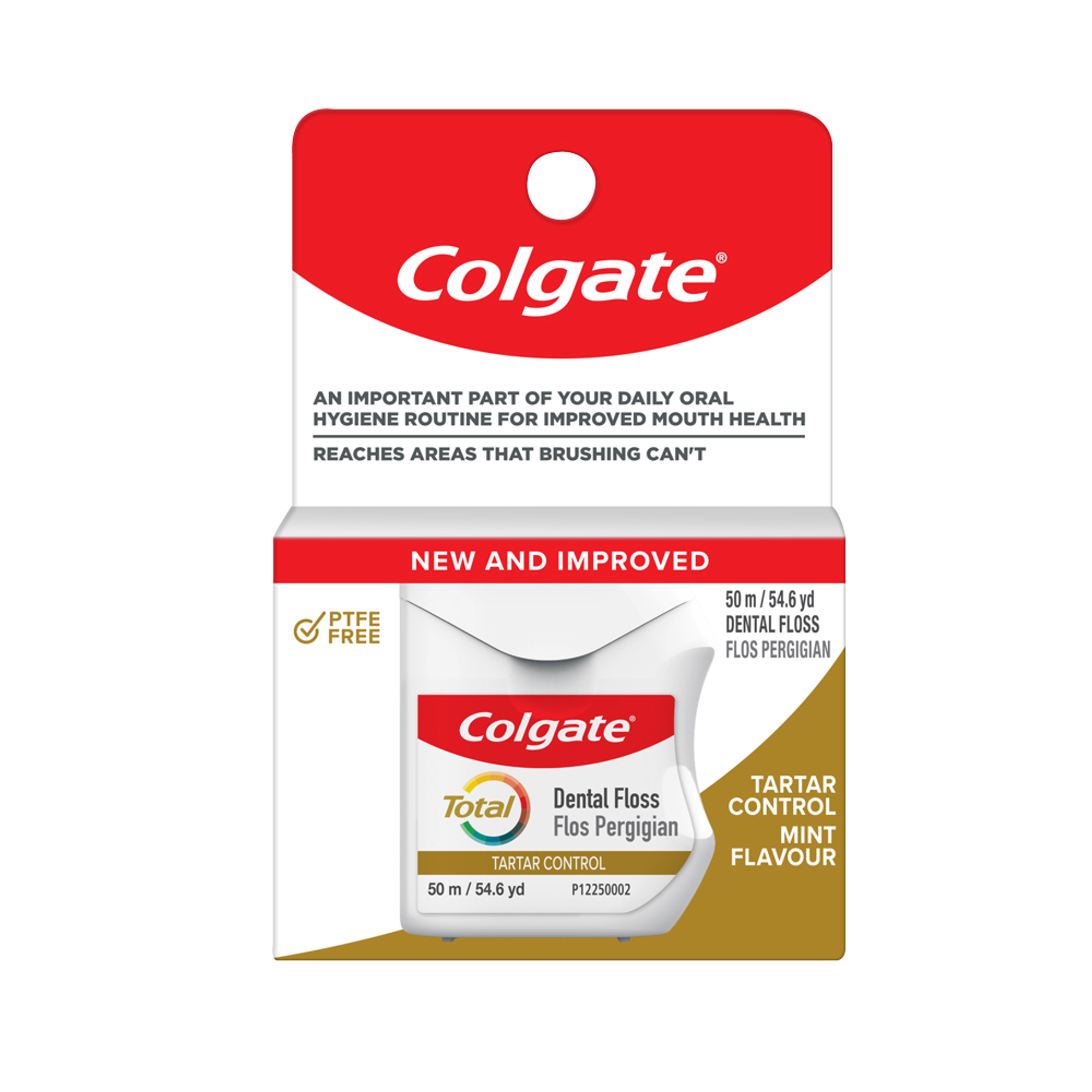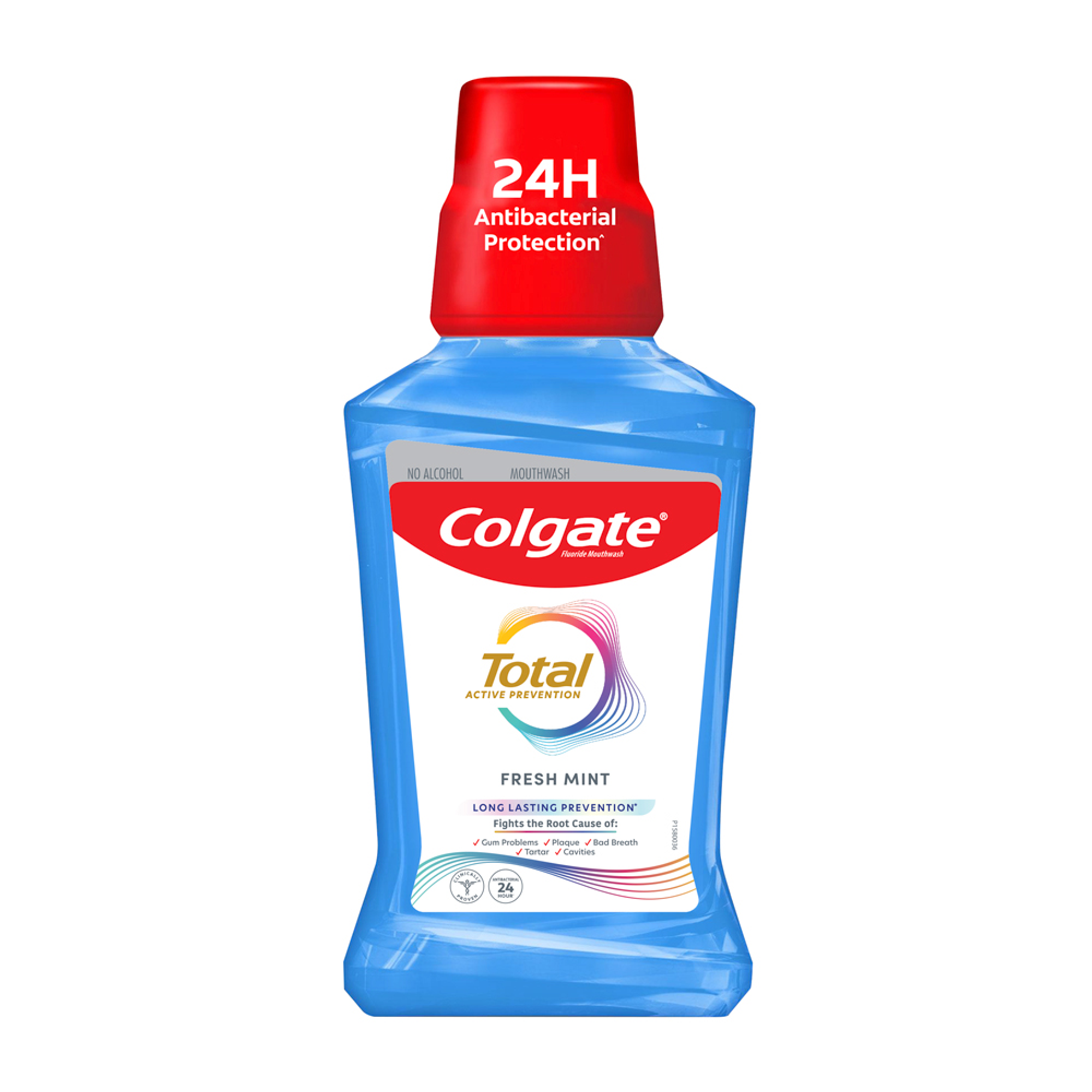- Oral Health and Dental Care | Colgate®
- Oral Health
- When to do Deep Cleaning of Teeth | Colgate® Oral Care


Deep cleaning your teeth might sound like something you should do after you've missed a few visits to the dentist or eaten a particularly sticky, messy meal. A deep cleaning is actually a specific procedure performed by your dental hygienist to treat gum and periodontal disease. It's often completed because a person has not had regular professional cleaning appointments every six months.
The Need for Deep Cleaning
When going to the dentist, the dental hygienist will use an instrument called a probe to measure the area around your teeth to see if you have any pocketing (area between the tooth and gum where bacteria will form). The depth of the gum tissue between the teeth and gums are called pockets when it is five millimeters or more. The American Academy of Periodontology recommends that every adult receive a periodontal evaluation each year to determine whether additional treatment is needed. Measuring pocket depth is just one part of a comprehensive dental evaluation.
Ideally, normal healthy pockets will be no more than 3 millimeters deep, according to the National Institute of Dental and Craniofacial Research (NIDCR) . If the pockets are greater than 5 millimeters, your dentist might prescribe a deep scaling and root planing appointment with the dental hygienist.
Deep Cleaning Process
Deep cleaning is also known in the dental world as scaling and root planing. Scaling involves removing plaque and tartar from the surface of the teeth and from the pocket area between the teeth and gums, according to the NIDCR. The dental hygienist can perform scaling and root planing using either electriceor ultrasonic instruments or manual scaling tools.
The other part of deep cleaning is root planing. The dental hygienist will use a scaling instrument to remove plaque and tartar from the surface of the roots of your teeth. A scaling and root planing procedure will require a minimum of two visits as an appointment. A follow-up visit may be necessary to confirm that your gums and teeth are getting healthier and there is no pocket depth.
Care after Scaling and Root Planing Appointments
Ideally, after this deep cleaning appointment, the bacteria in the pockets of the teeth will be removed and in the next few weeks the gums should become healthier if the person is doing oral hygiene everyday. The optimal cleaning toothpaste your dental professional will recommend is Colgate Total toothpaste. If an additional mouthrinse is required, your dentist might prescribe an antibacterial mouthwash, such as Colgate ® PerioGard ® , to reduce bacteria in your mouth.
If the deep scaling and 3 month visits to the dentist aren't enough to reverse periodontal disease, seeing a periodontist for a consultation should be required and determination of future treatment in regards to surgery should be considered.
Related Products

Helping dental professionals
More professionals across the world trust Colgate. Find resources, products, and information to give your patients a healthier future






